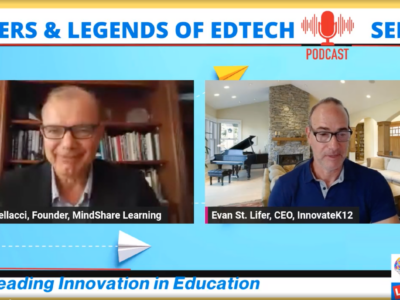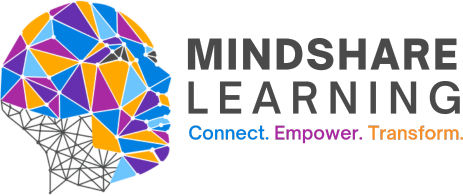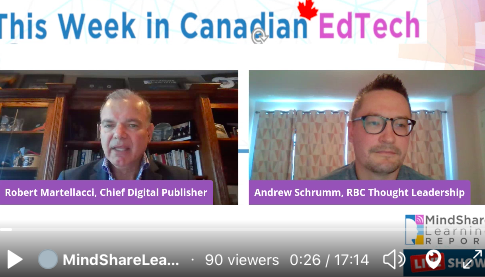 Edusight started in Toronto with a broad vision: help everyone in education make better decisions with data. Our simple and smart gradebook is being used by teachers across North America.
Edusight started in Toronto with a broad vision: help everyone in education make better decisions with data. Our simple and smart gradebook is being used by teachers across North America.
In late July of this year, we received our first external investment. We were selected from hundreds of education technology companies worldwide to be a part of Imagine K12’s 2014 cohort.
As a quick primer, Imagine K12 is the world’s foremost (and first) education technology accelerator. Their portfolio companies have raised more than $100 million and counting in investment, and more importantly, improve the lives of over 10 million students and 1 million teachers worldwide every day. These companies include edtech stalwarts like Remind, ClassDojo, Panorama Education and NoRedInk.
So we moved to Silicon Valley in September to grow and learn from the best. Rather than talk about all the general things related to startups that we have learned (that we probably would have learned in time in Toronto), here are the top 3 things we learned because we are in Silicon Valley.
1) Density is a double-edged sword
The unmatched density of startups across all verticals in Silicon Valley has to be experienced to be understood. Everyone and their uncles works at a startup.
This density energizes and challenges us to grow. All around us we see fast-growing startups, and it’s motivating to match their success. The flip side is that there is a lot of noise. For every legitimately successful startup, there is an Ello, or Clinkle – all style, no substance startups that attract the hype without the fundamentals of a sustainable business.
This density also creates a lot more competition for every startup – both within their vertical, and in general (for talent, space, and mindshare). Surprisingly, there is a lot more collaboration as well. Everyone is very willing to share what they’ve learned, and to help new companies find their own path to success.
2) Everyone makes the same mistakes, the winners learn from them:
Every mentor and advisor typically provides similar advice. With the proliferation of groundbreaking literature like The Lean Startup, this is especially true – everyone’s reading from the same Bible. And for good reason, because it works!
What’s interesting is that every successful CEO we meet or listen to also acknowledges that they either ignored or believed they were exceptions to these pieces of advice. At some point, every founding team believes itself infallible to some or all of the advice. They make the same mistakes, albeit under different circumstances, as their mentors and advisors. We are no exception to this trend.
The difference is that the truly great companies recognize when they are wrong, and course correct. They are humble enough to acknowledge the mistakes they made, and pass along their own experience. Our takeaway is that it’s not required to follow every bit of advice you receive, but it’s critical to recognize when something is not working and to address the issue.
3) Users above all else
The repeated mantra for all Imagine K12 companies is “Talk to users, write code. Nothing else matters.” All we should care about is that we’re building something users want.
Our teachers don’t care if we raise any money, or which investors we raise from. Our teachers don’t care whether we have hockey stick growth, or whether we get covered by TechCrunch. They just want a product that they love. If we meet this challenge, they will share our product, and we achieve growth. Everything else is a side effect of giving the people what they want.
This might not seem different from what you would learn in Toronto, but it’s a stark reminder when you’re in the epicentre of the startup universe, and you see the most successful companies living by this rule. When it’s easier to access name-brand VCs or rub elbows with the top tech publications, but companies remain focused on their users, that’s a powerful lesson.
These few months spent in Silicon Valley have definitely shaped the type of company Edusight will be – our vision, our values, our culture, and our passion. We’re excited to keep building a great company, armed with what we’ve learned here.









